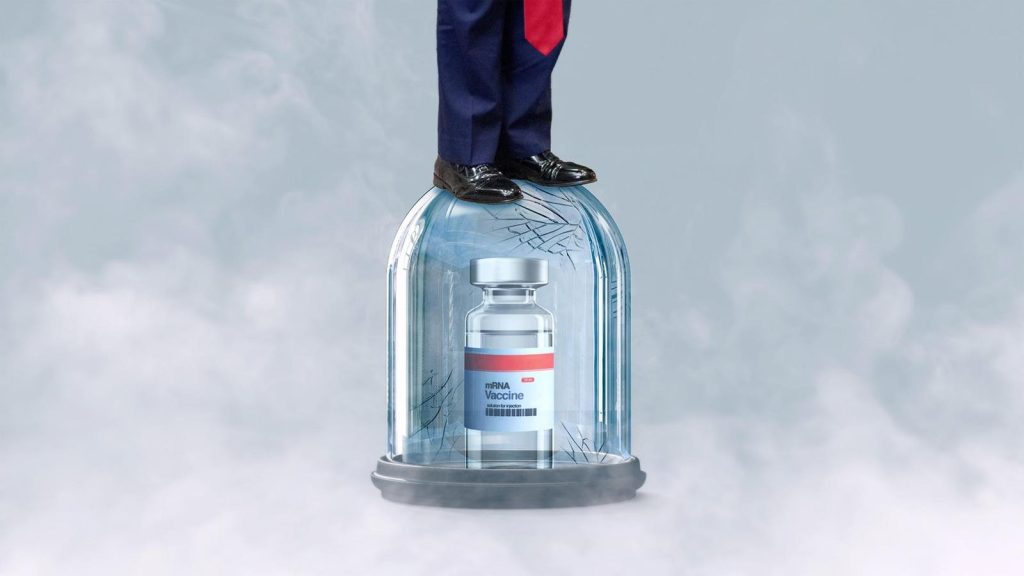The Trump administration’s abrupt halt to National Institutes of Health (NIH) meetings and grant reviews has sent shockwaves through the scientific community, raising concerns about stalled medical progress and the dismantling of diversity, equity, and inclusion (DEI) initiatives. The unexpected cancellation of study sections, crucial for evaluating research proposals and awarding grants, has left researchers in limbo, unsure of the future of their projects and careers. The lack of communication from the NIH has amplified anxieties, with scientists bracing for potential long-term repercussions that could cripple vital research efforts and hinder the development of future medical breakthroughs.
The NIH, a cornerstone of American scientific research, invests billions of dollars annually in medical research across a wide range of critical health issues, including cancer, Alzheimer’s disease, diabetes, and opioid addiction. Its funding plays a pivotal role in supporting research at major universities and medical institutions, as well as fostering innovation in healthcare and biomedical startups. The sudden disruption to the grant review process threatens to delay funding for ongoing projects, potentially jeopardizing research timelines and impacting the ability of researchers to maintain their labs and support their teams. Furthermore, the rescheduling of grant reviews presents a logistical challenge, requiring the coordination of numerous researchers to evaluate proposals, further delaying the allocation of vital funds.
The timing of the shutdown is particularly concerning, as it coincides with a slight budget reduction for the NIH in fiscal year 2024, intensifying competition for limited resources. The uncertainty surrounding the resumption of grant reviews adds to the apprehension, with researchers unsure whether the pause will extend beyond the stated February 1st deadline for the cessation of federal health communications restrictions. This prolonged uncertainty could have devastating consequences for researchers, forcing them to consider scaling back or even shutting down their research if funding is not secured. The potential loss of valuable research progress and the disruption of established research infrastructure represent a significant setback for the scientific community.
Beyond the immediate impact on grant reviews, the Trump administration’s actions have raised fears that federal research funding will be weaponized to dismantle DEI programs in universities and research institutions. The Wall Street Journal’s report highlighting the use of NIH grants as leverage to compel institutions to abandon DEI initiatives has heightened these concerns. The administration’s recent executive order, “Ending Illegal Discrimination and Restoring Merit-Based Opportunity,” designates federal anti-discrimination laws as “material” for recipients of government funding, opening the door to lawsuits under the False Claims Act. This move effectively transforms the NIH’s substantial funding into a tool for enforcing the administration’s agenda against DEI programs.
The potential implications of this policy shift are profound. Diversity fellowships, which provide crucial support for underrepresented researchers at various stages of their careers, are now under threat. Students relying on these fellowships for tuition, stipends, and living expenses face the prospect of having their funding abruptly withdrawn, potentially derailing their academic pursuits and jeopardizing their future careers. The long-term consequences of dismantling DEI initiatives could be devastating, limiting opportunities for diverse scientists and hindering the advancement of scientific knowledge. The potential loss of talent and perspectives from underrepresented groups represents a significant blow to the scientific community and its ability to address pressing health challenges.
The ripple effects of these actions extend beyond established researchers and institutions. Early-career scientists, who rely heavily on NIH funding to launch their careers, are particularly vulnerable. The uncertainty surrounding grant reviews jeopardizes their ability to secure funding for postdoctoral research, delaying their progress and potentially hindering their prospects in the competitive academic job market. The disruption to the grant review process not only affects individual researchers but also has broader implications for the field, impeding progress in critical areas of medical research and delaying the development of life-saving treatments and cures. The potential human cost of these delays is immense, as patients awaiting breakthroughs in areas such as substance use disorder face prolonged suffering and uncertainty.










